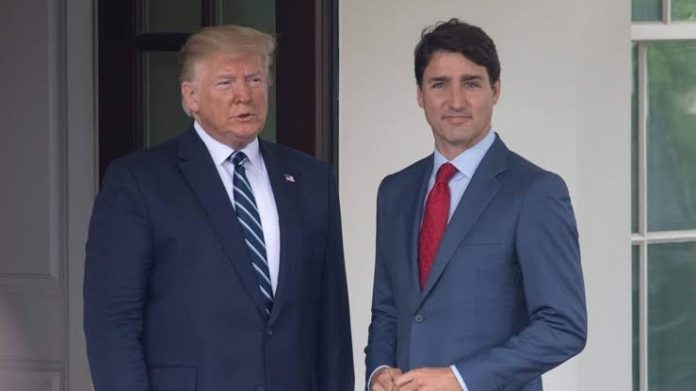Canadian Prime Minister Justin Trudeau has announced that he will step down as the leader of the Liberal Party following significant challenges in Canada-U.S. relations under incoming U.S. President Donald Trump. Trudeau’s decision comes after Trump threatened to impose a 25% tariff on Canadian imports and made controversial remarks suggesting that Canada should consider becoming the 51st U.S. state.
In his resignation speech, Trudeau acknowledged growing internal pressure within his party and emphasized the need for new leadership to prepare for the next federal election. He explained that stepping aside was in the best interest of the Liberal Party and the country, allowing fresh perspectives to address the current political climate.
The situation escalated when Trump claimed that “many in Canada love the idea of becoming the 51st state.” His remarks and aggressive trade threats have sparked widespread debate and concern in Canada, intensifying the already strained relations between the two countries.
Trudeau’s resignation marks a pivotal moment in Canadian politics, as the Liberal Party must now choose a new leader while navigating a complex relationship with the United States. This development has left many Canadians questioning the future of their nation’s sovereignty and economic stability in the face of external pressures.


